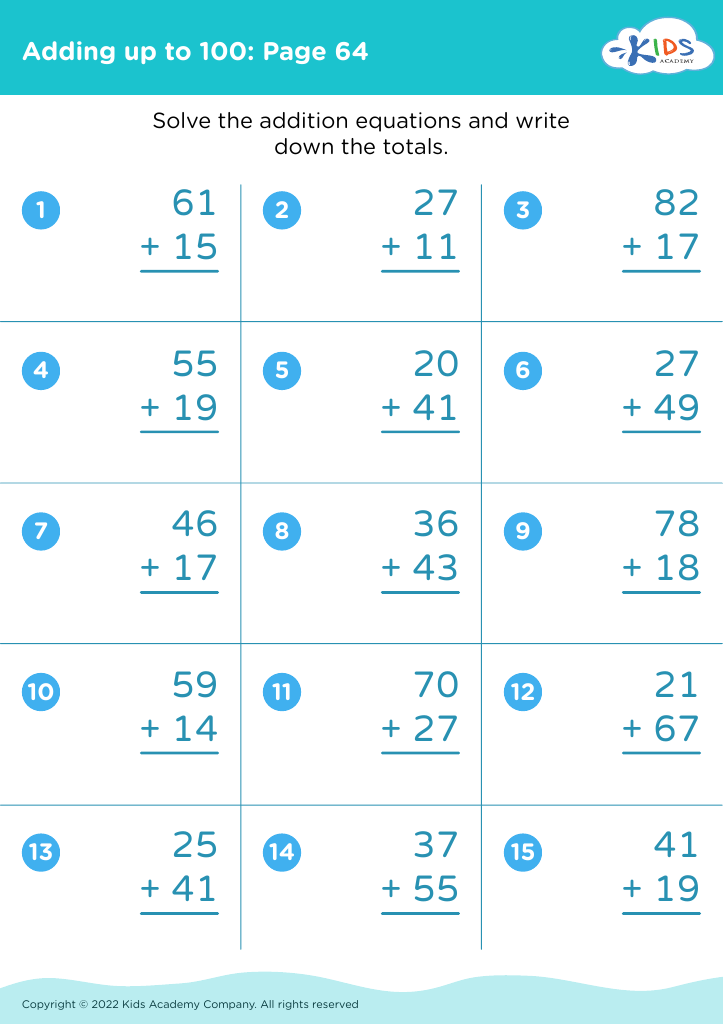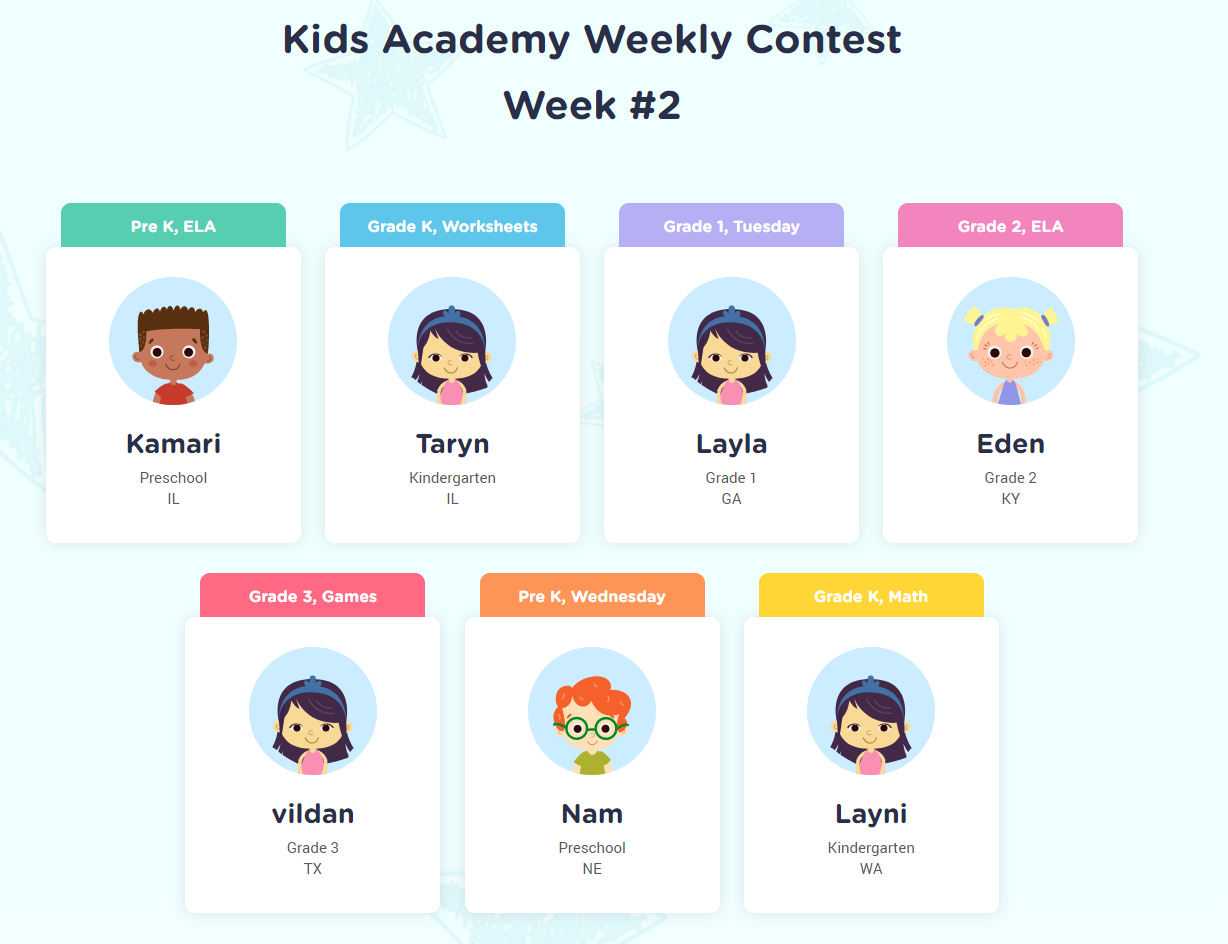Numerical problem solving Worksheets for Ages 4-7
6 filtered results
-
From - To
Discover our engaging Numerical Problem-Solving Worksheets designed specifically for kids ages 4-7! These carefully crafted worksheets help young learners develop essential math skills through fun and interactive problem-solving activities. From simple addition and subtraction to basic word problems, each worksheet caters to different learning levels, ensuring children build a strong mathematical foundation. With vibrant illustrations and relatable scenarios, kids will enjoy practicing their skills while developing critical thinking and reasoning abilities. Ideal for home or classroom use, our worksheets provide a great resource for nurturing a love of math in early learners. Start their numerical adventure today and watch them thrive!
Numerical problem solving is a foundational skill for children aged 4-7, and it significantly impacts their overall development. During these formative years, children are naturally curious and eager to understand the world around them, making it an ideal time for them to explore basic math concepts. Engaging in numerical problem solving fosters critical thinking and logical reasoning skills, which are essential not just in math but in everyday decision-making.
Parents and teachers should care about this area of learning because it lays the groundwork for future academic success. Early problem-solving activities help children develop persistence and learn to approach challenges systematically. Additionally, these skills enhance their confidence, as they learn to tackle tasks independently and recognize their abilities.
Moreover, strong numerical skills are directly linked to literacy and cognitive development. These skills translate into better performance in more advanced math concepts later in their education. By integrating numerical problem solving into daily activities, whether through games, storytelling, or everyday discussions, parents and teachers enrich children's learning experiences, ensuring they enter higher grades with a solid numerical foundation and a positive attitude toward mathematics. In essence, fostering numerical problem solving is vital for cultivating well-rounded and capable learners.






















